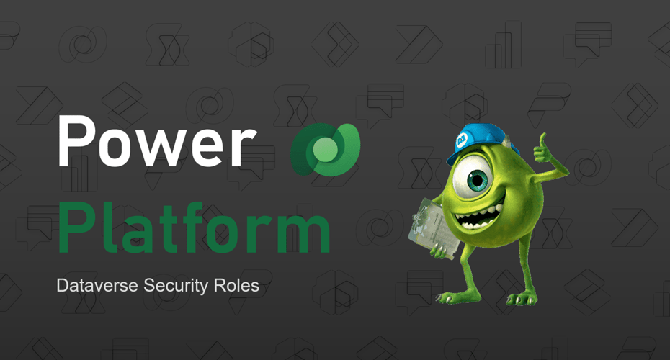Dev
1M
155

Image Credit: Dev
Dataverse Security Roles
- Security roles in Dataverse tables are important for access control to custom tables on Power Platform, especially after the move to solutions.
- A custom security role is required for access to tables, and System Administrators are the only ones with permission to create/edit them.
- Roles can be created using the Power Platform Admin Centre or in a solution, and can be assigned to team members with privileges according to their roles or a combination of their roles and teams.
- Permissions include creating, reading, writing, deleting, and sharing access to custom tables, along with miscellaneous and privacy-related permissions.
- Tables are grouped into various sections, and the custom tables section has over 350 tables. Permission levels are granted for user, business unit, parent/child business unit, and organization levels.
- Security roles are stored in the Dataverse table called roles, but they are meta data that do not have the actual permissions.
- Security roles can be moved using solutions, but environment makers cannot create roles, so a custom role created by a System Administrator can be split out from the component owned by the environment makers.
- Business units are not solution aware and cannot be deployed across environments, so if a security role is set to a business unit, it cannot be migrated.
- Roles can be set to teams and automatically switch to that business unit, making teams a better option for permission control.
- Security roles can be inherited by teams, user, or team and user.
Read Full Article
9 Likes
For uninterrupted reading, download the app